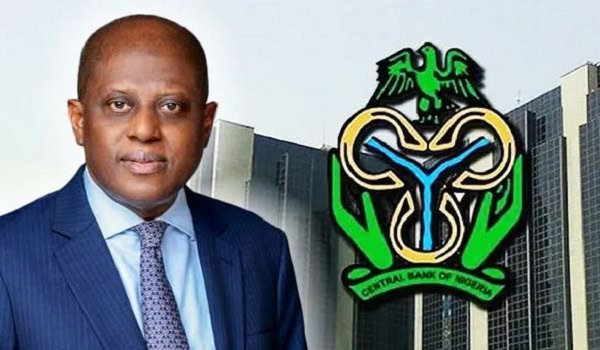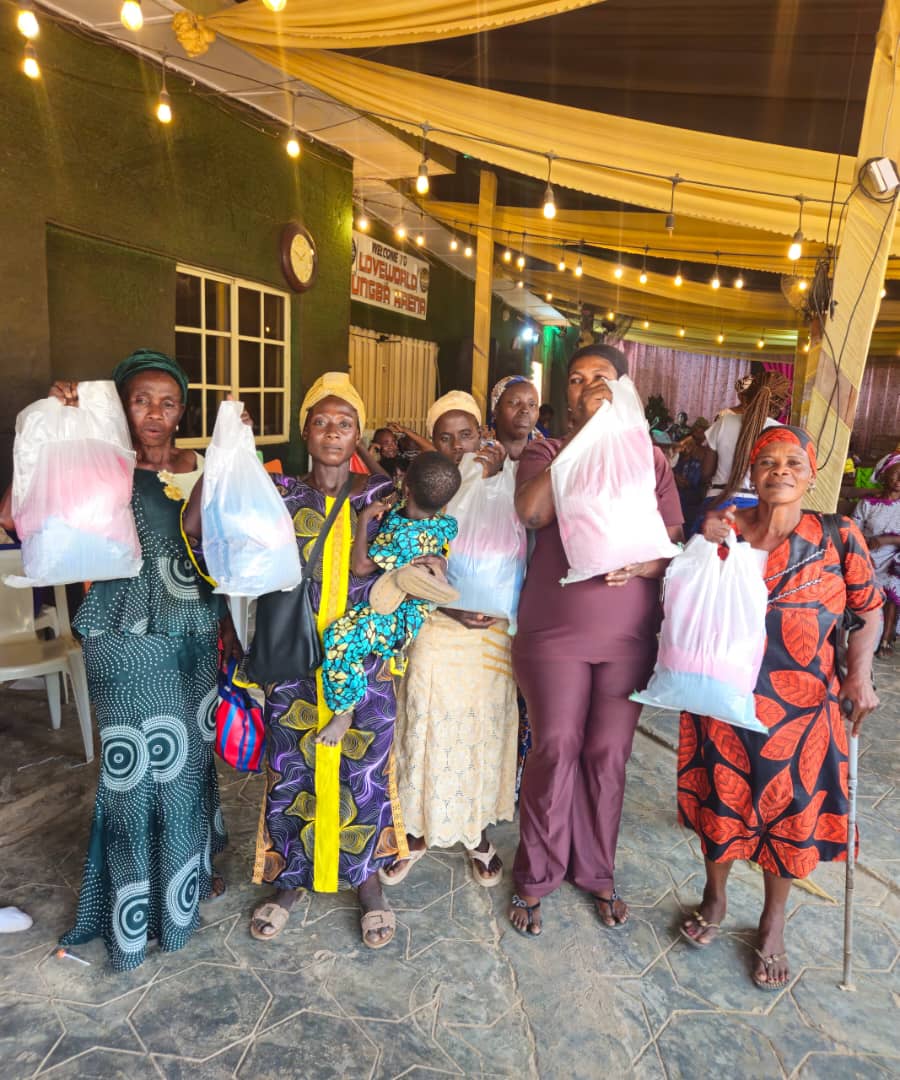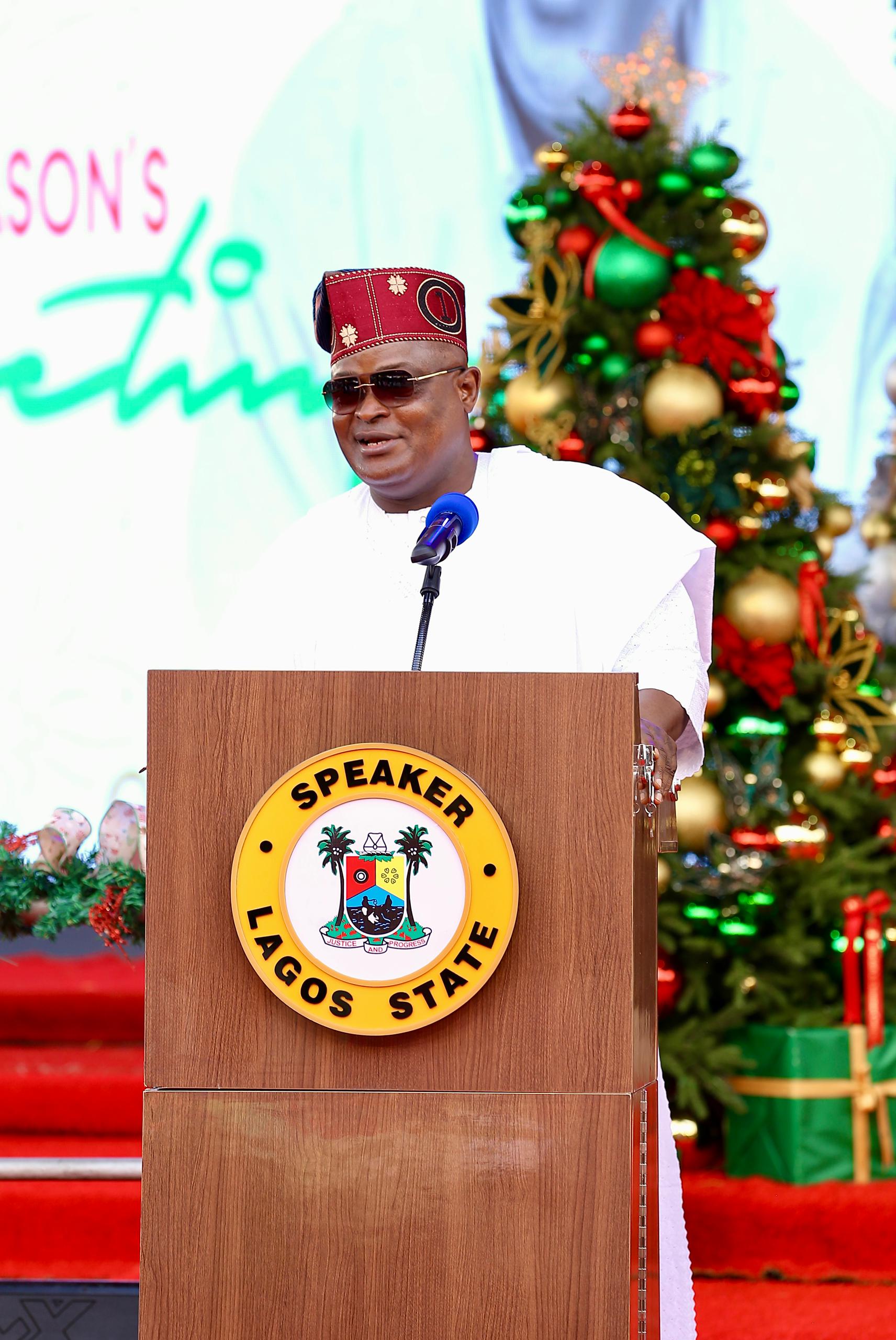CBN monetary stability drive gains traction as Governor Olayemi Cardoso reports easing inflation, forex stability, and renewed confidence in Nigeria’s economy
CBN monetary stability remains at the centre of Nigeria’s economic reforms as the Central Bank of Nigeria has reassured citizens that its policies are beginning to yield tangible results, with signs of easing inflation and stability in the foreign exchange market.
Also read: CBN reaffirms clean Naira notes, urges Nigerians’ support
Speaking in Uyo, Akwa Ibom State, on Tuesday, the CBN Governor, Olayemi Cardoso, said the bank’s monetary policies are already producing positive outcomes that will, in time, bring about the much-needed price and monetary stability Nigerians have long hoped for.
Cardoso, who was represented by Mrs Hakama Sidi Ali, Acting Director of the Corporate Communications Department, made the remarks during the CBN Fair themed Driving Alternative Payment Channels as Tools for Financial Inclusion, Growth and Accelerated Economic Development.
“The CBN is committed to ensuring price and monetary stability. Some of our monetary policies have begun yielding results, as seen in the steady ease of inflation and the current stability in the foreign exchange market,” Cardoso stated.
He explained that the exchange rate unification policy had reduced volatility in the forex market and cleared over $7 billion in verified forex backlog, restoring investor confidence and transparency.
According to him, the introduction of the BMatch System for forex trading has enhanced market integrity and improved price discovery, ensuring uniformity and smoother operations among market participants.
Cardoso listed other initiatives aimed at driving economic stability, including bank recapitalisation, designed to strengthen the resilience and global competitiveness of Nigeria’s banking sector as it prepares to support a projected $1 trillion economy.
He also highlighted the Non-Resident BVN initiative, which connects Nigerians abroad with local banking facilities, and the Nigeria Payments System Vision 2028 (PSV 2028), which seeks to accelerate digital transformation, expand financial inclusion, and ensure faster, safer transactions.
“In addition, the introduction of a 75 per cent Cash Reserve Ratio (CRR) on non-TSA public sector deposits will enhance liquidity management and help curb inflationary pressures,” he added.
The CBN Governor reaffirmed that the apex bank would continue to sensitise the public on its policies, promoting understanding and collaboration to drive national growth.
He also appealed to Nigerians to treat the naira with respect, calling it a “critical national symbol” that must not be abused, sprayed, hawked, or counterfeited.
Earlier, the CBN Uyo Branch Controller, Njideka Nwabukwu, said the fair was organised to educate the public on the bank’s initiatives and gather feedback to refine service delivery.
She reiterated the branch’s commitment to supporting Akwa Ibom State’s economic aspirations through financial literacy campaigns, stakeholder engagement, and effective policy execution.
“Through strategic policies and regulatory frameworks, the CBN continues to enhance payment systems, promoting financial inclusion and sustainable economic growth,” she said.
Also read: CBN mandates banks to appoint CEOs six months early
With inflationary pressures slowly easing and confidence gradually returning to the markets, the CBN monetary stability efforts appear to be setting Nigeria on a steadier economic course.
























